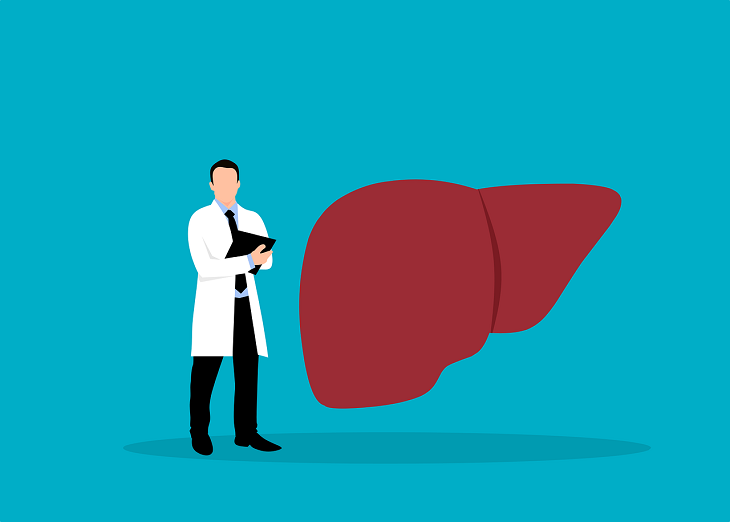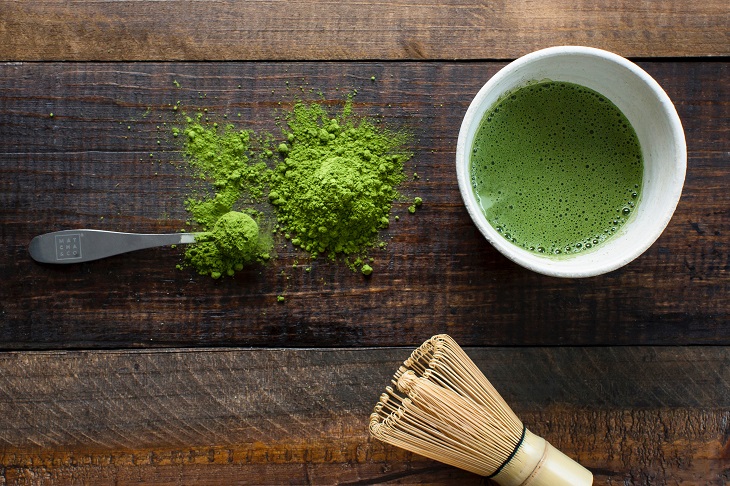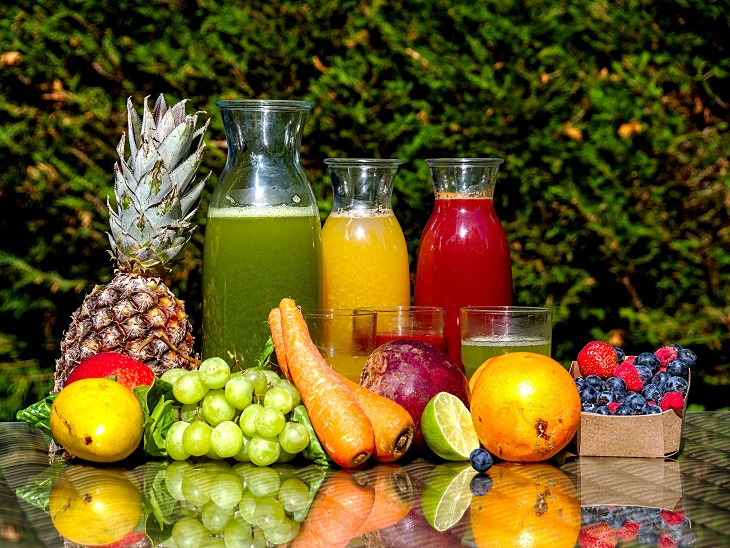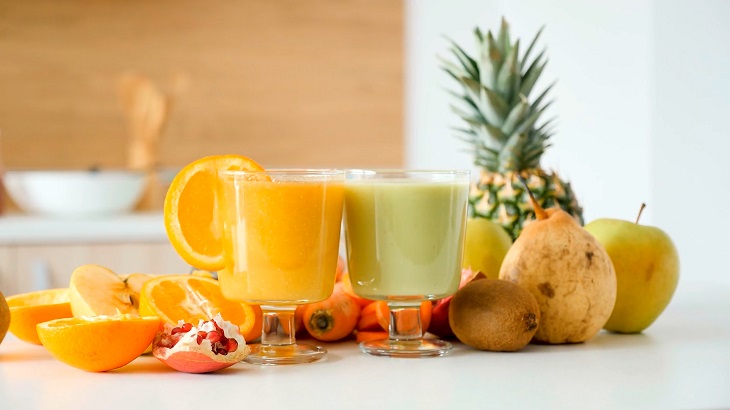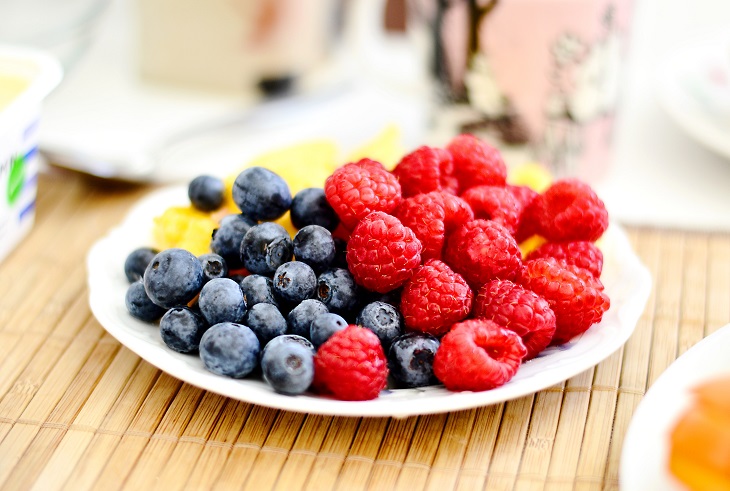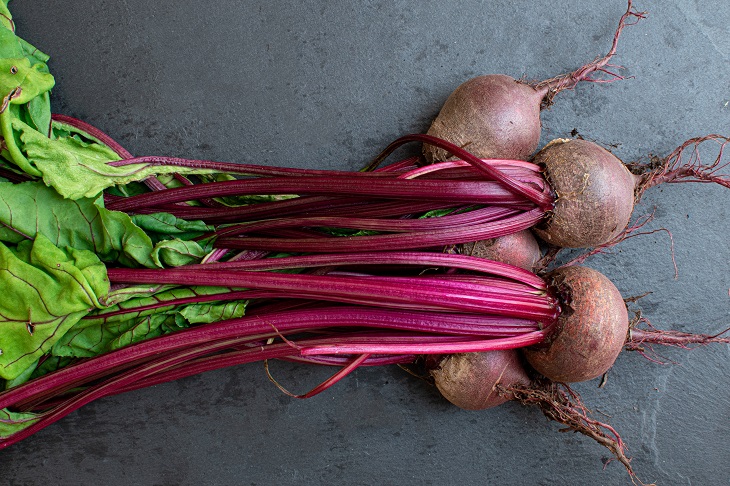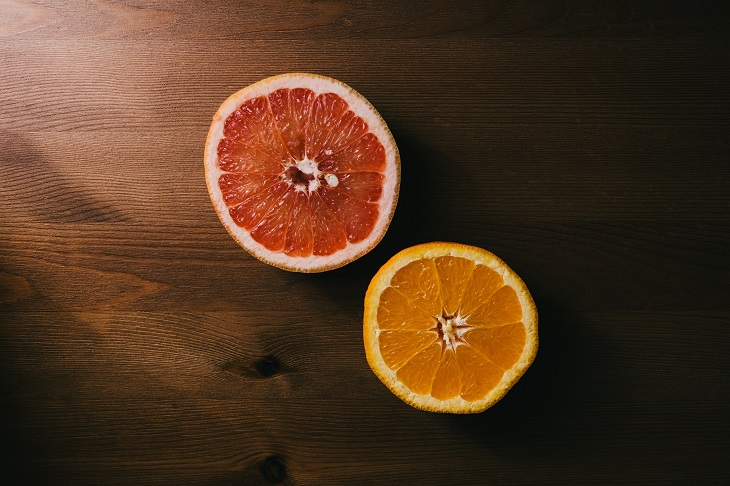Food is fuel. If you’re eating healthily, you’ll get all the nutrients and vitamins your body needs to run at its most optimal levels. However, that’s not always the way things work. Between busy schedules and the plethora of delicious (yet not-so-healthy!) foods available, eating a healthy diet 100% of the time is near impossible.
However, your body may begin to suffer when you regularly eat heavily processed foods or foods that lack adequate nutrition. A poor diet can also lead to toxin buildup in the body, which means too many toxic substances are floating around. The good news is that there are foods you can eat to counteract this buildup. Let’s take a look at some naturally detoxifying foods and how to use them to your benefit.
What does detoxing mean?
Detoxing can have two meanings: refraining from consuming toxic or unhealthy substances, or taking action to get rid of toxin buildup that is already occurring within your body. While detoxing can be healthy, most people opt for a lesser version such as a juice cleanse or other similar short-term solutions. However, if you want a long-term solution to your toxin buildup, you’ll need to turn to food.
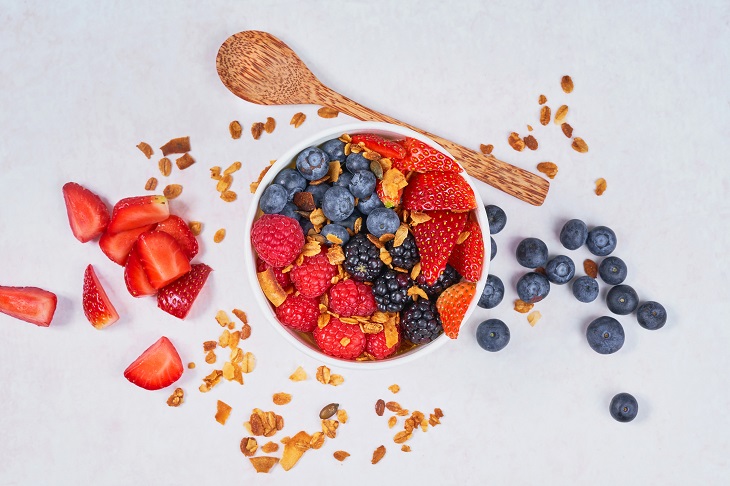
How do I detox my body naturally?
There are many ways you can detox your body naturally that don’t revolve around food. For example, you could refrain from eating anything (otherwise known as fasting) for one to three days. Fasting can clean you out while you avoid consuming anything that may hinder the process. (It’s important to always consult your doctor about this process before diving in.)
You could also opt for the juice cleanse mentioned above, which replaces all solid foods with fruit juices, smoothies, or vegetable juices for a period of time. Another way to detox is to drink salted or lemon water. But while these methods work, depriving your body of the nutrients it needs for any given period can be harmful.
So, what’s left? Using naturally detoxifying foods to aid your body in the detox process. This way, you can give your body what it needs and still get the same cleansing effects.
What are good detox foods?
If you want to use food to detoxify your body, there are many options. Let’s take a look at the top five types of detox foods.
1. Antioxidant-rich foods
Antioxidants reduce or balance out the number of free radicals in the body. Free radicals are molecules that can, in high amounts, cause damage to cells and drive oxidative stress. Oxidative stress sends your body into chronic inflammation, which is terrible for your overall health.
When you eat foods high in antioxidants during a detox, you can help keep these free radical levels down and oxidative stress at bay. Antioxidants can also aid the body’s attempts to get rid of toxins, so consuming them provides a two-fold health benefit.
Some of the best antioxidant-rich foods to choose from include:
- Berries
- Nuts
- Cocoa and chocolate
- Spinach
- Carrots
- Potatoes and sweet potatoes
- Squash
- Pumpkins
- Collard greens
- Artichokes
- Cabbage
- Asparagus
- Avocados
- Beetroot
- Radish
- Kale
2. Prebiotic-rich foods
The gut aids in the natural way your body detoxes itself. When your gut health is balanced, it helps eliminate toxins and other substances not needed by the body. However, if that action is compromised, your body cannot detoxify as effectively. Because of that, eating foods high in prebiotics can keep your levels of good gut bacteria where they need to be so they can perform.
Excellent food sources of prebiotics include:
- Tomatoes
- Artichokes
- Bananas
- Asparagus
- Onions
- Garlic
- Oats
3. Sulfur-containing foods
If you suffer from heavy metal toxin buildup, eating foods rich in sulfur can combat the effects. Sulfur aids the liver in creating glutathione, an antioxidant that helps rid the body of toxins. Without enough of it, the liver will struggle, and your detox will not be as effective.
Some of the best sulfur-containing foods include:
- Onions
- Broccoli
- Garlic
- Lean meats such as turkey, chicken, and fish
- Nuts
- Whole grains
- Chickpeas
- Eggs
- Beef

4. Spices and herbs
Spices do more than add a little something extra to your meals – they can also aid in the detoxification process, but you have to choose the right ones.
Cilantro is an excellent option for people who wish to get rid of toxins because of the way it enhances the body’s natural ability to detoxify itself. Other herbs and spices that can help to rid the body of excess toxins include:
- Turmeric
- Red clover
- Milk thistle
- Dandelion
- Stinging nettle
- Burdock root
- Spirulina
5. Algae
Algae isn’t always a popular choice when it comes to food. However, it can pack a punch when it comes to getting rid of toxins.
One specific type of algae known as chlorella aids in detoxification because of its nutrient content. It works by binding to toxins and heavy metals, flushing toxins out of your system and giving the body a fresh start.
Naturally detoxing your body using food may seem like a lengthy process as opposed to a three-day cleanse. However, it is the best possible option for long-lasting maintenance. If you wish to detox your body naturally, the best way to do it is through your diet.
Featured image by Kim Daniels on Unsplash
